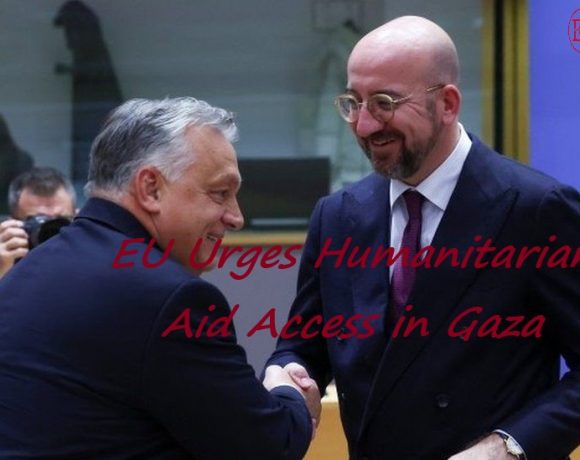
In the aftermath of Arsenal’s 1-0 victory over Chelsea in the Women’s League Cup final, tensions flared between managers Jonas Eidevall of Arsenal and Emma Hayes of Chelsea. The culmination of the match saw a physical altercation between the two on the touchline, sparking controversy. Hayes accused Eidevall of displaying “male aggression,” a term Eidevall vehemently opposed, labeling it as irresponsible.
Eidevall shed light on the altercation, citing a disagreement over the use of multiple balls during the game. This disagreement, particularly with Chelsea midfielder Erin Cuthbert, escalated tensions further. Despite Eidevall’s explanation, Hayes believed his conduct warranted a dismissal, expressing her dissatisfaction with his behavior on the touchline.
At the conclusion of the match, Hayes pushed Eidevall away, highlighting her discontent with his actions. She emphasized the importance of maintaining composure on the touchline and deemed Eidevall’s behavior unacceptable. However, Eidevall refuted Hayes’ characterization of the incident, asserting that he conducts himself appropriately and dismissing her accusation as unwarranted.
This altercation wasn’t the first time Eidevall faced scrutiny over his touchline conduct. Earlier in the season, Manchester City manager Gareth Taylor accused Eidevall of “bullying” a fourth official. Eidevall dismissed these allegations, expressing disappointment and labeling them as borderline slander.
Reflecting on Eidevall’s managerial style, former player Anita Asante acknowledged his intensity and motivation to win. Asante highlighted the significance of the match to both managers and suggested that such intensity sometimes spills over, albeit with the intention of securing victory.
Picture Courtesy: Google/images are subject to copyright

